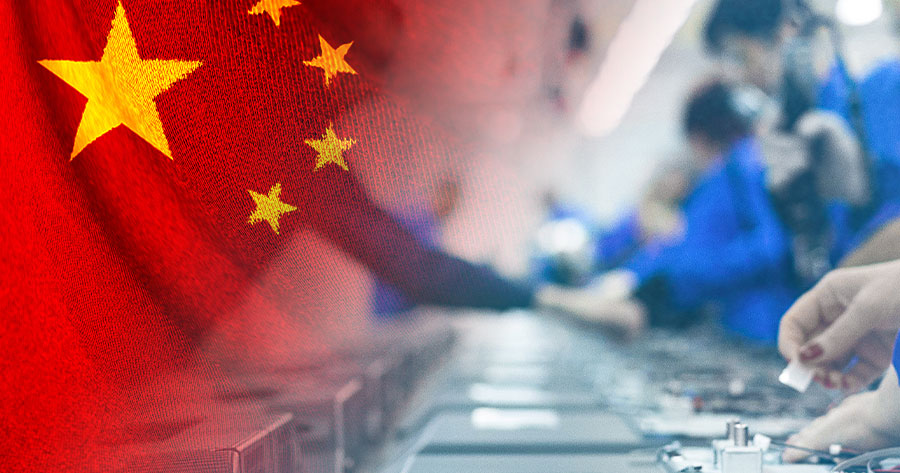The latest private survey showed that the downturn in eurozone manufacturing activity eased again in January as price pressures loosened and the fall in demand softened, leading to a surge in optimism.
Manufacturing Purchasing Managers’ Index (PMI) from S&P Global rose to a five-month high of 48.8 in January, up from December’s 47.8 (in accordance with a preliminary reading), but still below the 50 level separating growth from contraction.
Despite manufacturers in the eurozone reporting lower output and weaker order books in January, as S&P Global’s senior business economist Chris Williamson phrased it, “the picture is considerably brighter than the lows seen back in October heading into the winter.”
“Not only has the rate of output decline moderated now for three consecutive months, but business optimism about the year ahead has also surged higher over the past three months,” he added.
Data from Eurostat released on Tuesday showed that the eurozone’s GDP grew by 0.1% in the last three months of 2022, escaping a recession and beating the 0.1% contraction predicted by a Reuters poll.
This success came despite the fact that rising interest rates and the skyrocketing cost of energy have had a major impact on the economy.
Output prices grew marginally last month despite input costs falling, but both are still well below their levels from the previous two years.




